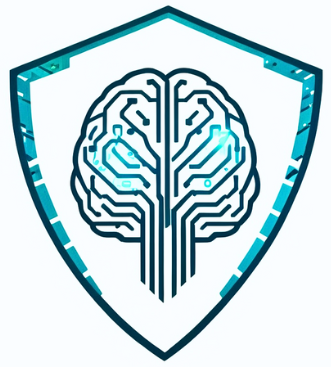Understanding Online Threats: What You Need to Know
In an increasingly interconnected world, online threats pose significant risks to both individuals and small businesses. It is essential to understand the various types of cyber attacks, as awareness is the first step towards effective cybersecurity. Among the most common threats are phishing, malware, ransomware, and data breaches.
Phishing attacks typically involve fraudulent emails or messages that appear to be from legitimate sources, tricking users into revealing sensitive information such as passwords or financial details. These attacks take advantage of human psychology, often creating a sense of urgency that compels individuals to act quickly without verifying the source. Being vigilant and questioning the authenticity of any unsolicited communications is crucial in mitigating risks associated with phishing.
Malware is a broad category of malicious software designed to infiltrate computer systems and disrupt operations. This includes viruses, worms, and spyware, all of which can compromise device performance and lead to unauthorized access to sensitive information. Regularly updating software and utilizing reputable antivirus programs can significantly reduce the likelihood of malware infections.
Ransomware has emerged as a particularly menacing form of cyber attack, where hackers encrypt a victim’s files and demand payment for their release. Small businesses are often targeted due to perceived vulnerabilities in their security protocols. Keeping regular backups of critical data and employing robust security measures can lessen the impact of a potential ransomware incident.
Data breaches occur when unauthorized individuals access secure systems, often resulting in the theft of personal and financial information. These breaches can have devastating consequences for both individuals and organizations, leading to identity theft and significant financial loss. Continuous monitoring and the implementation of strong access controls are essential strategies to protect against data breaches.
Understanding these online threats is vital for fostering a proactive approach to cybersecurity. By remaining informed about the potential dangers and taking appropriate precautions, individuals and small businesses can better protect themselves in today’s digital landscape.
Practical Cybersecurity Tips for Everyday Users
In a digital landscape that is increasingly fraught with risks, it is essential for individuals, families, and small businesses to proactively enhance their cybersecurity posture. Here are several practical strategies to consider.
First and foremost, creating strong passwords is a fundamental practice. Users should employ a combination of uppercase letters, lowercase letters, numbers, and special characters. Additionally, utilizing a unique password for each account significantly reduces the risk of a security breach. Password managers can assist in securely storing and generating complex passwords, thereby simplifying the task of password management.
The incorporation of two-factor authentication (2FA) is another powerful strategy for bolstering security. This method requires a second form of verification, beyond the standard password, making unauthorized access notably more challenging for potential attackers. Many platforms offer 2FA options through SMS, email, or authentication apps, which can be set up easily and serve as a crucial security layer.
Moreover, recognizing phishing attempts is vital for safeguarding personal information. Users should remain vigilant when opening emails or messages that request sensitive information or prompt unusual actions. Checking the sender’s address, looking for grammatical errors, and avoiding clicking on suspicious links can help mitigate phishing risks.
Safe internet browsing practices also play a crucial role in cybersecurity. Users should ensure they are using secure connections (HTTPS) and be wary of public Wi-Fi networks, which can expose personal data if not adequately secured. Utilizing virtual private networks (VPNs) can further enhance online privacy and security.
Lastly, regular software updates cannot be overlooked. Keeping operating systems, applications, and security software up to date ensures that users benefit from the latest security patches and improvements. Educating oneself and family members about emerging cybersecurity trends and best practices fosters a more aware and protected online environment.
